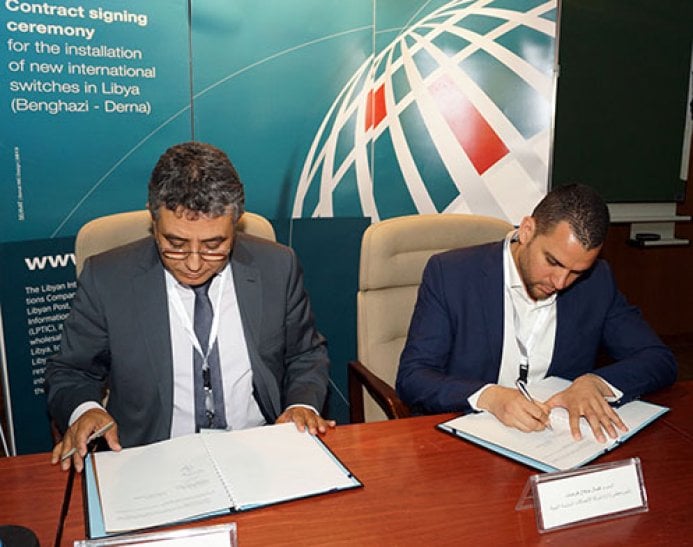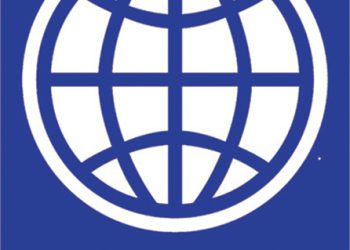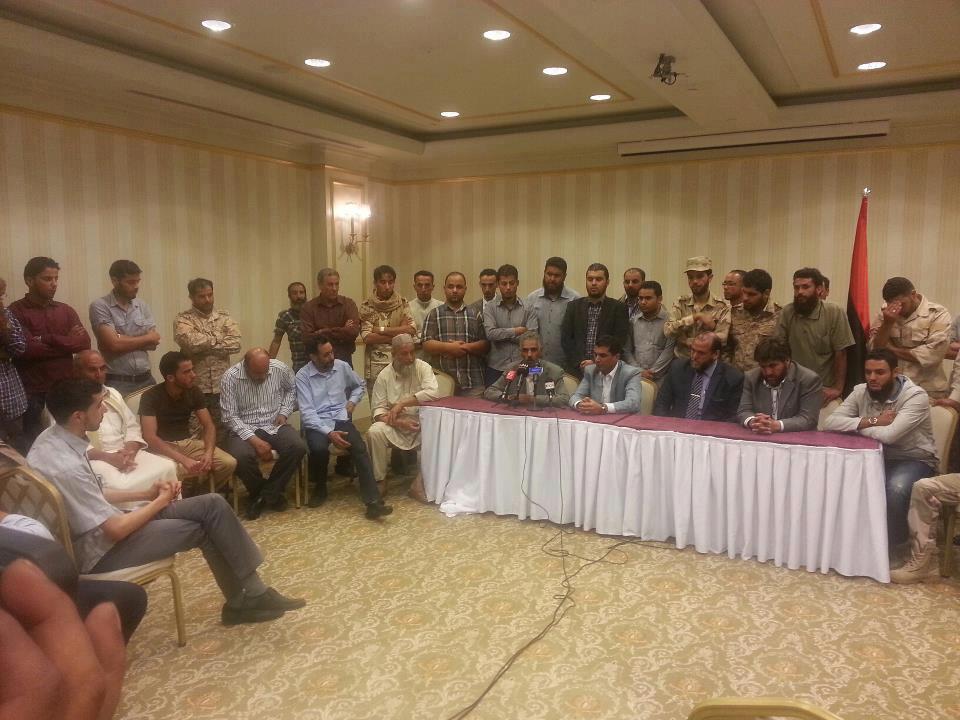By Nihal Zaroug.
Tripoli, 8 May 2013:
Despite, the wave of uncertainty brought on by the armed siege of ministries this past week, . . .[restrict]Libya’s telecom ministry is moving ahead with plans to improve communication services throughout the country.
Last month, Minister of Communications and Information Osama Siala, appearing on Libya Ahrar TV, said that several steps were being taken to advance Libya’s telecom networks, including upgrades to broadband.
The service is at present widely seen as poor to abysmal.
At the sidelines of ITEX yesterday, Saleh Lagtaa, head of the Libyan Post, Telecommunication and Information Technology Holding Company (LPTIC), confirmed to the Libya Herald that DSL expansion and the implementation of WIMAX II, was in process and being “pushed hard for completion”.
As Siala also stated that eastern Libya would see advances shortly. This would happen as a result of the signing of a contract for the installation of new switches for international calls to cover the Benghazi-Derna region as part of Libya’s telecommunications’ infrastructure projects.

The deal inked in Benghazi on 6 May, between Libya International Telecommunications Company (LITC) and French manufacturer Alcatel Libya, is seen as a building block for the economic development of the nation. Addressing attendees, Kamal Farhat, head of LITC stated that the venture represented an important step in moving past the centralist legacy of the former regime. He added, that in conjunction with the international submarine communications cable network, the Alcatel agreement would form the country’s “backbone for international telecommunications” making Libya a communications’ transit center.

Yesterday, Hatif Libya, spearheading the undersea cable network’s protection programme, held a ceremony in Tripoli for the completion of the second phase of its project. The leg running from the Tunisian border at Ras Jedir to Musaid on the Egyptian border was fitted with 17 stations. The first phase covered Ajdabiya to Kufra. Hatif’s general manager, Abdelhalaq Ben Ashur, said both stages were completed in record time and it would not have been possible without the joint efforts of the employees of Hatif Libya, LPTIC and the Telecom Ministry. He referred to all those who worked in the project as “soldiers”, who exhibited Libya’s technological capabilities and capacity.
Communications Deputy Minister Atef El-Bahri, present at the ceremony, said telecommunications was the “basis and driver” for economic, cultural, educational and social activities. The sector’s progress, he said, was among the main indicators of the “overall developments designed at improving the standard of living for Libyans”.
With the projects presented over the past few days and tomorrow’s opening of the Telecommunications Advancement Centre in downtown Tripoli, the Communications Ministry seems determined to move forward, while other ministries have had their work halted due to protests. [/restrict]








